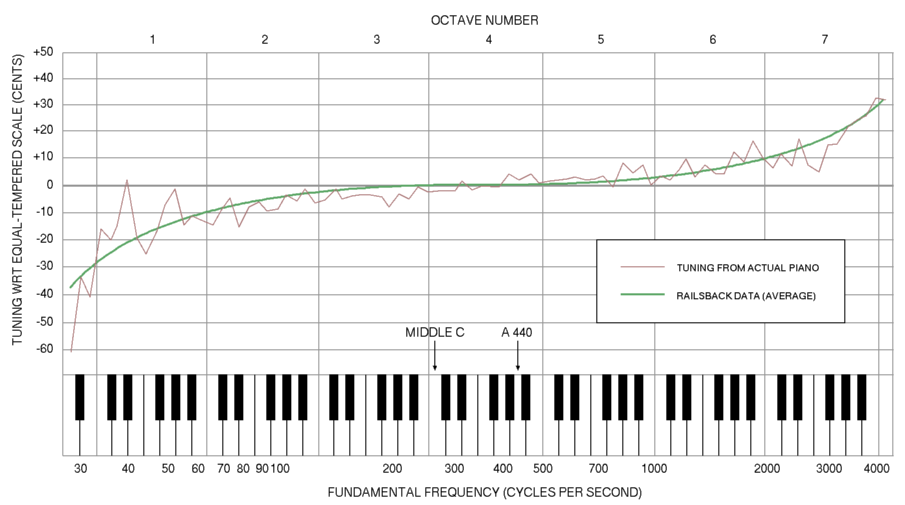No, that’s due to non-equal temperament. If you start by tuning your piano, say, to some particular temperament for C major, and then play a scale in some other key, it won’t just be a transposition of the C-major scale. It’ll be close, but the ratios will be slightly different, and that can affect the “mood” of a piece, in the same way but more subtly that major vs. minor affects the mood. In some particular temperament system that was popular in the past, then, there was a consensus that D minor sounded particularly sad.
I know basically nothing about this topic, but, just to make sure it’s not even more insane than I thought… it is the case that an octave is an octave is an octave, right? And the perfect-er the better? And they are I assume used and appreciated across different musical traditions?
Yes and no.
The 2/1 frequency ratio is fairly universal and used by musicians, since notes that far apart sound “the same”, and because the second harmonic of a compound tone will be an octave higher than the fundamental. [Not that you can’t get creative and experiment with other intervals: e.g. this guy is selling clarinets with a scale based on twelfths]
Dividing that interval into a seven-note diatonic scale is not universal, though.
“The perfecter the better” is not really true; it depends on the instrument. The overtones have to match up. For example, here is a typical piano tuning, showing that the octaves have to be “stretched” rather than perfect in order to sound good:

